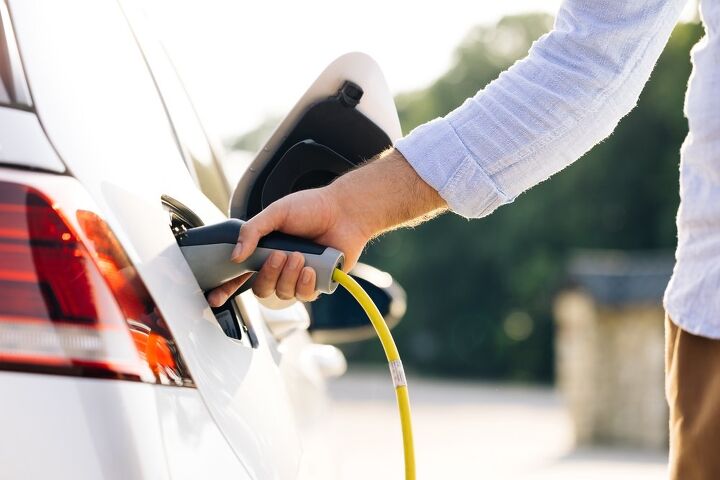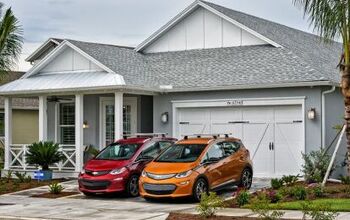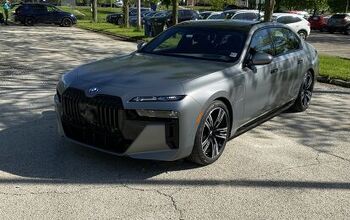Are Electric Cars Really Helping the Environment?
A recent study by the Keck School of Medicine of USC provides new insights into the potential benefits of electric vehicle (EV) adoption. The research, published in the Science of the Total Environment journal, presents the first real-world data linking EVs to reductions in air pollution and respiratory issues. This study marks a significant step in understanding the impact of electric cars on public health and the environment.
Understanding the Impact: Research Methodology
The researchers used multiple data sources to conduct their analysis. They gathered information on the total number of zero-emission vehicles (ZEVs), which include battery electric, plug-in hybrid, and hydrogen fuel cell cars, from the California Department of Motor Vehicles. The team also analyzed air pollution levels, focusing on nitrogen dioxide (NO2), and the rates of asthma-related emergency room visits across various California zip codes from 2013 to 2019.
Findings: Reduced Pollution and Health Risks
The results revealed a clear pattern: As the adoption of ZEVs increased within a zip code, there was a notable decline in local air pollution and asthma-related emergency room visits. Specifically, for every additional 20 ZEVs per 1,000 people, there was a 3.2 percent reduction in the rate of asthma-related emergency visits. Furthermore, the study showed a modest decrease in NO2 levels, a pollutant closely linked to traffic emissions.
Socioeconomic Disparities in ZEV Adoption
However, the study uncovered an adoption gap in ZEVs, with slower uptake in lower-resource areas. This gap highlights a need for policies that promote equitable access to clean transportation, particularly in communities disproportionately affected by pollution and related health issues.
Future Research and Broader Implications
While the study's findings are promising, the researchers acknowledge that more investigation is needed. Future research should explore additional pollutants, other vehicle classes, and broader environmental impacts of ZEVs, including the emissions from their production and disposal.
Conclusion
The study by the Keck School of Medicine of USC offers another case for the adoption of electric vehicles, not just for environmental reasons but also for public health benefits. It underscores the importance of considering local actions in the global fight against climate change and highlights the potential for significant health improvements through technological advancements in transportation.
This article was co-written using AI and was then heavily edited and optimized by our editorial team.
More by TTAC Staff
Latest Car Reviews
Read moreLatest Product Reviews
Read moreRecent Comments
- Slavuta We need millions of migrants to work on our farms (Pelosi said) - this is ok when it comes to feed Pelosi
- Slavuta "that were believed to use forced labor" - the keyword here is "believed". I believe that this is biggest BS and hoax that has been going around. In US people rot in jail sells while in China, Russia, Ukraine and Scandinavian countries (these I know) there are labor programs. People work while in jail and make $$. Yes, they don't make top $$ but when they come out, they have $$ to start new life. This is not applicable for all crimes, but those prisoners who are "safe" enough to live in general barrack and not in individual cell are gladly participating. One famous such example was Russian billionaire Khodorkovskiy who learned several practical trades while in jail.
- 1995 SC In the realm of bad things that can happen to a 10th Gen Thunderbird, the subject car of this article got off easy. This was a kit back in the day and a suprising number still pop up:
- 28-Cars-Later I'm not dead, I'm getting better.
- Jalop1991 GTI all the things--because the Germans do it better.But it'll never happen.Instead, this will turn into all trim options, like VW's "R-line" and Hyundai's "N-line". Lipstick on a pig.


































Comments
Join the conversation